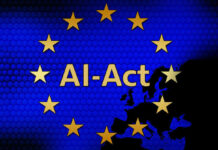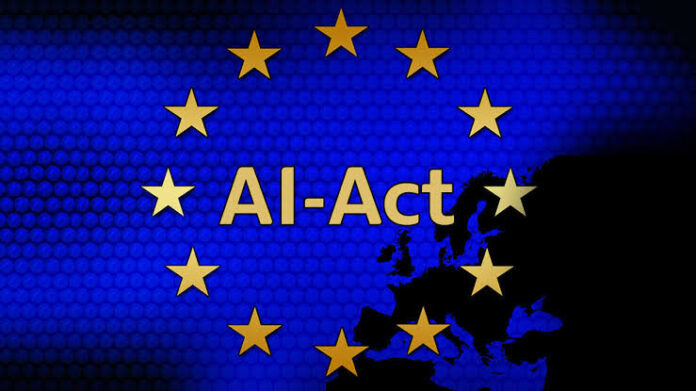The EU Artificial Intelligence Act has been approved by the European Union parliament on March 13 2024 after almost 3 years of deliberation. The EU Artificial Intelligence Act is the first major regulatory act in the country and the world aimed directly at addressing the risks posed by the commercialization/deployment of artificial intelligence (AI). The act has a simple principle; it wants to make technology human centric thereby the idea regulate AI based on its capacity to harm society.
The EU AI act categorizes risks in three levels; Prohibited, High risk , medium risk and low risk, those of no risk. The higher the risks, the stricter the rules.
According to the Act, it is a machine based system designed to operate with varying levels of autonomy. It includes chatbot like Chatgpt and Gemini.
Prohibited: the act states that any AI system deemed to pose harm and affect the lives of people is banned from being used in the EU. According to the act, prohibited systems include AI platforms that use social scoring to determine whether an individual is eligible for a type of social reward ( evaluating individuals based on social behaviors), predictive policing (profiling), real time biometric identification systems in most situations, and, manipulative and deceptive practices. Such systems are already been used in China for the purpose of identifying individuals who have a history with crime.
High risk: these are AI systems deployed in banking, schools, or critical infrastructure. Such as road traffic, water, gas and electricity. They must be accurate. A human must be over looking them, and their usage must be monitored. For AI systems that impact access to or admissions to education institutions, make employment-related decisions and are used in the administration of justice or elections, humans must conduct data governance to ensure the training data is relevant, sufficiently representative and, to the extent possible, error free and complete to avoid bias; If they directly affect citizens, they have the right to question these systems.
Not all AI systems come under this act. They’ve been exempted. Those systems posing no risk and do not fall under the EU act for any form of prohibition or regulation include, AI systems designed for military, defense and national security use, those designed for science and research. Face recognition systems are also allowed, but only for law enforcement.
Low risk: Low risks AI systems are not regulated under the EU AI Act. These include common AI systems, such as spam filters and search and recommendation engines.
What about Deep fakes:
The act aims to tackle deepfakes. If content is artificially generated or altered, it needs to be labeled. People, companies, bodies need to flag it.
Generative AI: it’s a type of artificial intelligence that can create content, text , imagery, audio, video, etc. The likes of Chatgpt and DALL-E3. According to the EU AI act , they must meet specific requirements , they must cooperate with copyright law, they must publish the data they are using to train the AI systems, everything must be transparent.
How the EU AI act impacts business outside of Europe;
Any business, regardless of where it is based, that has an EU presence and puts an AI system into service in Europe will be subject to the AI Act. Those that only deploy AI systems outside of Europe are subject to the AI Act when the output produced by their AI systems is used in Europe, with some exceptions. This is a broad reach, and any U.S. business that develops or provides AI systems, at any level, anywhere in the world, should review their development efforts to enable compliance once the AI Act takes effect.
What if these laws are not obeyed; They are fines for breaching EU AI laws. They include;
For lying to regulators, there’s a fine of 7.5 million euros.
For breaching provision, there’s a fine of 15 million euros.
For developing or deploying banned AI systems.
The EU AI acthopes to become law in May after it gets approved by European statesmen.












































